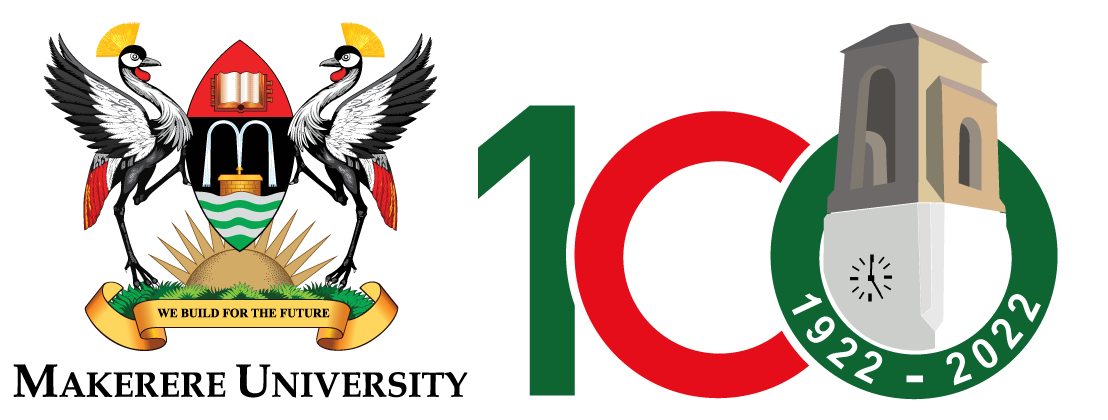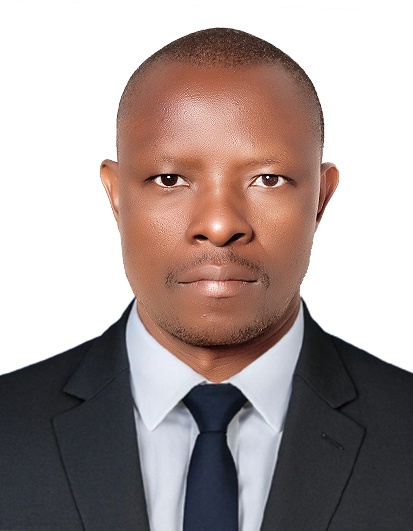INVITATION: The Dean, School of Education under the College of Education and External Studies (CEES), cordially invites you to the PhD Public Defense of the following candidate:
Name of the Candidate: Mr. RICHARD WAISWA
Title of Thesis:
Exploring the Philosophy behind Teachers’ Pedagogical Practices in Secondary Schools in Kayunga District, Uganda.
Date: Tuesday 28th October 2025.
Time: 10:00 am
Venue: School of Education Smart Room, College of Education and External Studies, Makerere University
Supervisors:
- Assoc. Prof. Genza Gyaviira Musoke
- Prof. Anthony Mugagga Muwagga
- Assoc. Prof. Nicholas Itaaga
Abstract:
In response to the persistent use of outdated pedagogies by teachers in Ugandan secondary schools, with the reasons for this practice remaining unclear, this study explored the philosophy behind teachers' pedagogical practices in view of enhancing effective teaching and learning in secondary schools in Kayunga District, Uganda. The teachers’ pedagogical practices examined in the study consisted of lesson preparation, classroom management, and instructional practices. The philosophy behind these practices comprised of teachers’ beliefs on the reality about students' learning, the nature and sources of valuable knowledge, and the values teachers aim to instill in students. Danielson’s framework for effective teaching model informed the study. The interpretivist paradigm underpinned this qualitative descriptive tripartite case study. Nine teachers in three schools (cases), three from each school, participated in the study. Data was collected from teachers, head teachers, directors of studies and students. The findings reveal that the philosophy behind teachers’ lesson preparation practices is pragmatism, as reflected in individual teacher’s understanding of how best their respective students learn rather than by the formal guidelines that inform teachers’ preparation for lessons. Secondly, the philosophy behind teachers’ classroom management practices is a combination of pragmatism and essentialism, reflected in individual teachers’ understanding of how best their respective students learn as well as adherence to the demands and interests of other stakeholders within the teaching and learning process. Thirdly, the philosophy behind teachers’ instructional practices is essentialism, as reflected in teachers’ adherence to other stakeholders’ demands and interests. The study recommends that given the dominance of pragmatism in lesson preparation, professional development should emphasize flexible, practical, and student-focused training through regular continuous professional development, peer learning, and mentoring supported by the MoES, NCDC, and schools. Secondly, since classroom management reflects both pragmatism and essentialism, school administrators, MoES, and teacher training institutions should adopt a hybrid approach to classroom management that balances responsiveness and structure through targeted professional development. Thirdly, since current instruction aligns closely with essentialism, NCDC, UNEB, and school administrators should promote structured, and skill-based teaching by offering resources, monitoring, and regular lesson reviews to maintain academic standards.
Your presence and participation will be highly appreciated as we support the student in this important academic milestone.

